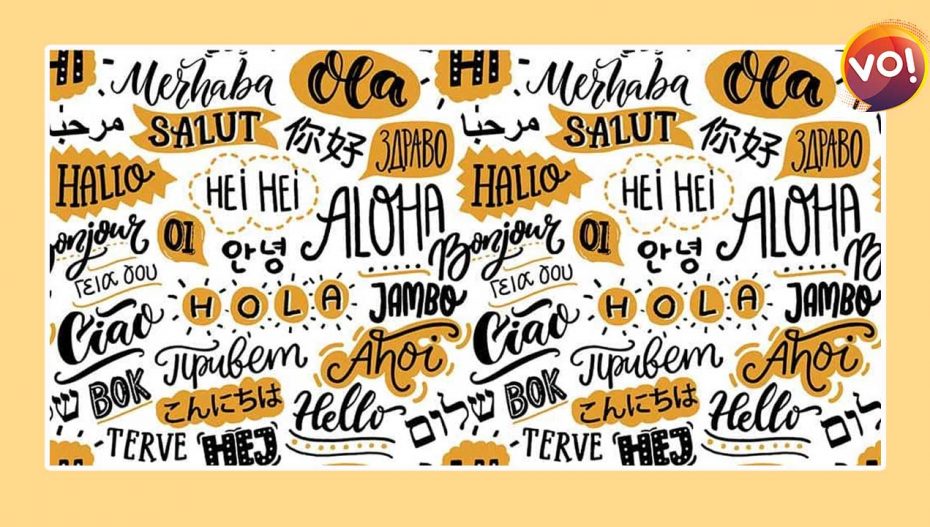The National Education Policy 2020 has stressed providing students with technical education in their mother tongue. If a recent survey, conducted by Ahmedabad-based Gujarat Vidyapith is to be believed, the push towards education in the mother tongue has quite a few advantages. Students who did a technical course in their mother tongue found it easier to understand the subject, had less stress about writing exams and even felt that they became more sensitive toward the problems faced by common people, the survey found.
Of the 322 who participated in the survey, 244 believed that the Gujarati medium allowed them to better understand the subjects; 211 said it made them grasp theoretical concepts and practical applications better; 131 said that learning in Gujarati made them sensitive to the problems of the common people. Around 55 per cent of the alumni surveyed said writing exams in Gujarati had reduced their mental stress.
Discipline, simplicity and community life were ranked high — at 172, 169, and 140, respectively — by respondents to questions about the reasons for joining the course.
More than 93 per cent of the participants did their schooling in Gujarati medium. At their undergraduate level, it dropped down to 50 per cent. Around 34 per cent of the respondents said they went to school in rural areas.
Gujarat Vidyapith is the only university in the country to offer a Master in Computer Application (MCA) in the student’s mother tongue, said Ajay Parikh, head of the Computer Science department at the university. The Vidyapith has offered an MCA course in the Gujarati language since 1994.
Availability of reading material in Gujarati, problems in writing answers in Gujarati in exams, and problems in understanding and reading English books as classroom teaching was in Gujarati were identified as the difficulties faced by students of the course.
The survey was conducted to assess the MCA programme before introducing a Gujarati-medium Bachelor in Computer Administration (BCA) course in the 2022-23 academic session.
Mantavya Gajjar, 40, a student from the 2006 batch, who was hired by Belgium-based IT firm Odoo as its first Asian employee a day after he graduated from the course and is now the director of operations in India and leads 260 employees, supports the idea of higher education in the mother tongue. It makes it easier to understand the core fundamentals, he adds.
Piyush Govani, from the 1996-99 batch who now runs an IT company, endorses the view and says that learning in the mother tongue makes the technical knowledge strong and one can express and communicate better.
Mukesh Patel, 45, from the 2000 batch, has been living in the United States since 2004 and works at Deutsche Bank. He believes that technical knowledge cannot be compromised on, but that “English, or any other language, can be learnt”.
Questions about negative experiences of learning in Gujarati saw 100 out of 322 respondents choosing not to reply, 92 saying that they could not perform well during job interviews, 87 saying that they had an inferiority complex when compared with English medium students and 71 saying they had difficulty in using English reference books.
Only around 28 per cent of women participated in the survey. Among those who responded, 265 are settled in India, 33 in the US, 14 in Canada, three in Australia, two in Singapore, and one each in Kenya, Denmark, the UAE and the UK.












